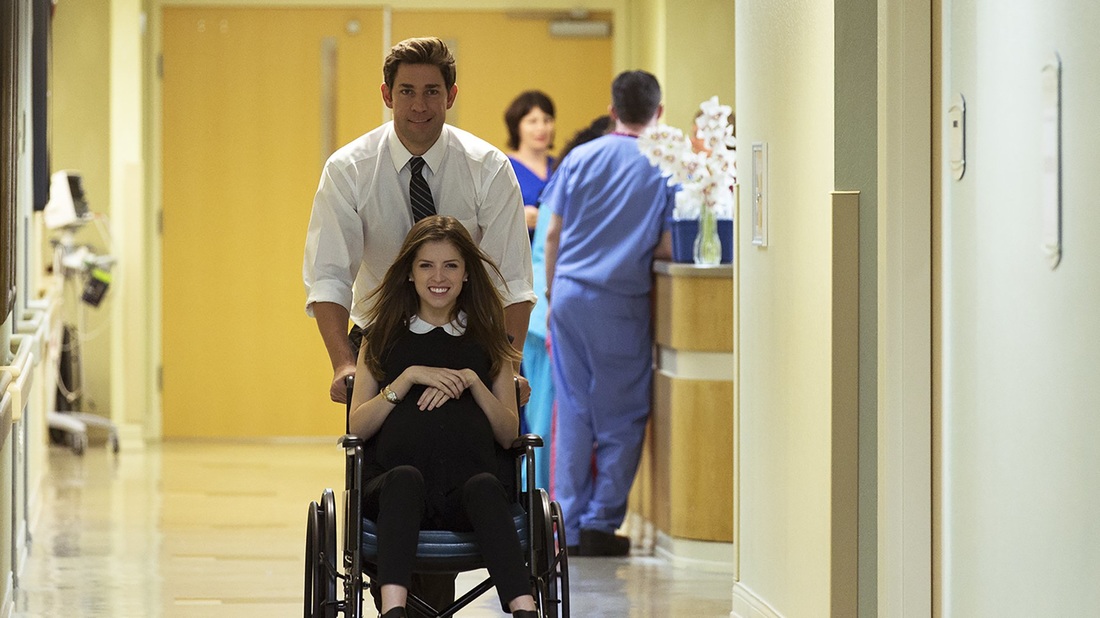The film’s greatest strength, by far, was its cast. Each performance was compelling in its own way, whether it evoked strong emotion from the viewer or provided periodical comedic relief. In their supporting roles, Day and Winstead contribute little to the emotional effectiveness of the film, but serve their purpose as a bit of a distraction from the main plot points. The principle characters were all played simply and with no frills. Krasinski played his usual incredibly likeable role, as an unconventionally handsome and subtly charming boyfriend. Though he rarely steps out of that box, and could be considered a sort of one-trick pony in that regard, he plays that type of character well so I understand why he gravitates toward roles such as this. Copley, who I hadn’t seen in anything prior to this movie, fulfilled his role as struggling divorcee and father, but not in any noteworthy way. Jenkins and Martindale gave solid performances as a married couple, but ultimately shined brightest apart. And finally, Kendrick is really lovely in anything she does, so she was a valuable addition to the decently well rounded cast.
My love for much of the cast aside, The Hollars was a bit of a letdown. The film was extremely simple, but tried too hard to be complicated. SO much happens (in order to truly emphasize how complicated it is to be a human and a member of a family) that it feels like it spanned over a year, when in reality I think it was supposed to take place within a week or so. The plot itself wasn’t hard to follow, despite how intricate it was trying to be, because of how predictable it was. Any seasoned moviegoer could take an educated guess about how the story progresses and would most likely be right. It was a very stereotypical indie family dramedy, down to the acoustic indie tunes that were seemingly omnipresent throughout the entire film. In strictly abiding by the guidelines that have been laid for such a specific genre, Krasinski, as director, was successful. He did not, however, bring anything new (or interesting, for that matter) to the table.
On its surface, The Hollars is a dramedy about the complicated nature of families, relationships, and life overall. Beyond that, there isn’t really much. That’s not to say that the film doesn’t have a message; it’s just that it is literally spelled out for you on multiple occasions. In the midst of an impending-fatherhood-induced panic, John receives a pivotal piece of advice from his mother (the overall theme of the movie, which is repeated verbatim a few more times): “You won’t know until you get there that you’re okay.” So basically, “don’t worry because everything will end up fine, and you can handle anything with a little positivity,” as is exemplified by the Hollar family several times over. I am by no means discrediting this mantra, as it is a valuable train of thought to follow. But I do wish that I as the viewer was led to this conclusion, rather than having it shoved down my throat. Clearly the “laugh through the tears” theme was effectively communicated, because I was doing exactly that throughout much of the film. It was, however, far too spoon-fed for my taste. All that said, I did enjoy this movie for what it was: a movie that evoked a lot of emotion, but not a lot of thought.
Grade: B-

 RSS Feed
RSS Feed
